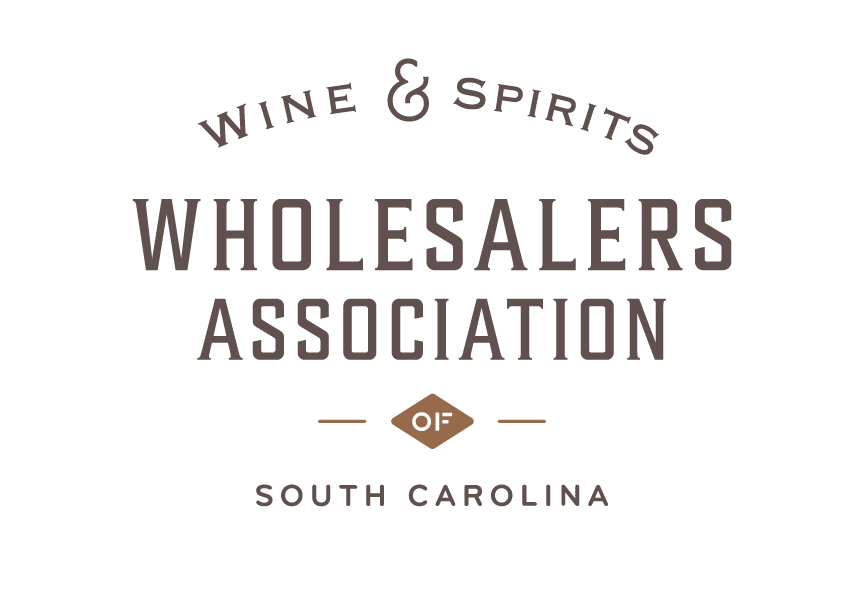2020 Legislative Session in Review
The 123rd South Carolina Legislative Session (2019-2020), like so many things, stalled in March with the spread of COVID-19. South Carolina legislators adapted and worked through the autumn months to pass pending legislation, including the following bills related to the alcohol industry:
· Act 161, sponsored and led by Representative Eddie Tallon (R, Spartanburg), provides that a producer or wholesaler may furnish or give certain samples of wines, wines in excess of sixteen percent alcohol, cordials, or distilled spirits to a retailer who has not purchased the brand in the past year, not to exceed three liters annually, and must be marked ‘Sample—Not for resale’. Governor McMaster signed Act 161 on September 28, 2020, the effective date of the new law.
The Wine & Spirits Wholesalers Association of South Carolina and its members fully supported this measure and appreciate the work of Representative Tallon, leadership, all members of the General Assembly who supported it, and the Governor for creating a helpful industry tool to allow for marketing of products to retailers.
· Act 167, signed by the Governor on September 29, 2020, allows permitted wineries that produce and sell wine produced on its premises with at least 60% of the juice from fruit and berries grown in South Carolina to obtain a special festival permit. Gross income from wine sold at events for which a special permit has been issued must not exceed 10% of a permitted winery’s gross income per year from wine sales and that income must be derived from sales at events that are promotional in nature.
This Act also increases the maximum amount of beer a brewery in South Carolina may sell to an individual per day for off-premises consumption from 288 to 566 ounces. This particular provision expires on May 31, 2021.
· Act 169, amends the relationship between a beer supplier and beer wholesaler. Notwithstanding any existing beer distribution agreement to the contrary, a manufacturer, brewer, or importer of beer shall not:
1. Coerce or require a wholesaler to gather or submit sales records, retail placement, price, discount, rebate, or other details for beer brands not manufactured, brewed, or imported by the manufacturer, brewer, or importer;
2. Mandate wholesaler employee hiring decisions or payment rates, including incentives;
3. Require a wholesaler to pay or contribute marketing, advertising, or other funds for control or expenditure by the manufacturer, brewer, or importer, except a wholesaler may agree, in writing and in advance of the payment or contribution, to spend or contribute wholesaler funds for a specified marketing or advertising plan or opportunity;
4. Ship, invoice, or initiate an electronic funds transfer payment for any quantity of beer exceeding any order or forecast submitted by a wholesaler, or include in a beer sales invoice charges for any items other than beer, freight, fuel, cooperage, dunnage, pallets, and related deposits;
5. Invoice or initiate electronic funds transfer payment for point-of-sale advertising specialties or other items, except a manufacturer, brewer, or importer may place an order and invoice or initiate an electronic funds transfer payment for point-of-sale advertising specialties or other items pursuant to a specific written agreement between the wholesaler and the manufacturer, brewer, or importer made prior to the placement of an order;
6. Attribute risk of loss, ownership, or other financial interest to a wholesaler for beer not in the wholesaler’s possession; or
7. Require a wholesaler to pay for development, installation, or use of any software owned or mandated by the manufacturer, brewer, or importer, except a wholesaler may be required to maintain data in a format compatible with data format standards adopted by a manufacturer, brewer, or importer.
